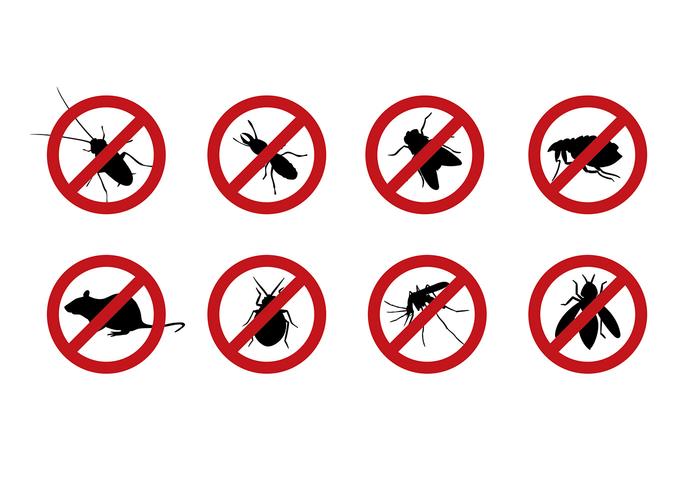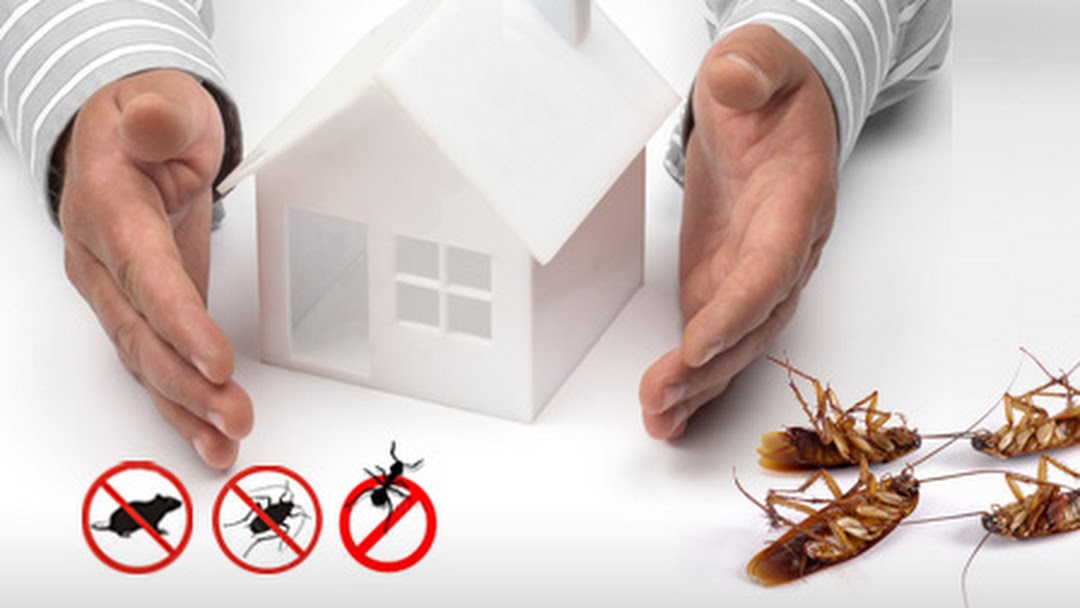Safe and Dependable Insect Control for Lasting Security
Efficient parasite monitoring calls for a diverse approach that balances eco-friendly integrity with the requirement for efficient parasite suppression. The subtleties of these techniques may not be quickly clear, triggering a better examination of the techniques that can lead to sustainable parasite control outcomes.
Comprehending Pest Control Methods
Pest control encompasses a range of methods focused on handling and removing undesirable insects and rodents that can intimidate both health and residential property. Comprehending these techniques is critical for effective insect administration.
The main categories of parasite control methods consist of mechanical, organic, and chemical strategies. Mechanical techniques entail physical barriers and catches to avoid pest entry and capture undesirable types. Making use of displays on home windows or utilizing sticky traps can dramatically minimize pest populaces without presenting unsafe materials - exterminator coquitlam.

Chemical bug control is typically the most acknowledged approach, utilizing chemicals to get rid of pests. These chemicals can be effective but have to be made use of with care to stay clear of negative impacts on non-target types and the environment.
Benefits of Eco-Friendly Solutions
Just how can environmentally friendly solutions transform bug control practices? The fostering of environment-friendly insect control methods uses countless advantages, dramatically improving the effectiveness and safety of pest monitoring.

One more benefit is the positive effect on regional biodiversity. Green options are designed to target specific pests while protecting useful insects and wildlife, advertising a well balanced ecosystem. This method straightens with the growing consumer demand for sustainable practices, enhancing the credibility of insect control companies.
Integrated Insect Management Strategies
The execution of environment-friendly options naturally results in the fostering of Integrated Bug Administration (IPM) strategies, which additionally improve parasite control effectiveness. IPM is an alternative approach that combines numerous tactics to take care of pest populations while decreasing ecological influence. This method stresses making use of biological, cultural, mechanical, and chemical controls, making certain a balanced and lasting method of parasite monitoring.
One basic element of IPM is the comprehensive assessment of bug task and environmental conditions. By checking parasite populaces and determining their life process, professionals can execute targeted treatments that interfere with the pest's environment or lifecycle, reducing reliance on chemical pesticides. Additionally, social practices such as crop rotation and habitat manipulation can significantly diminish parasite facility and reproduction.
Another important element is making use of organic control representatives, such as advantageous pests or microorganisms, which can naturally suppress bug populations. When chemical applications are essential, IPM prioritizes the usage of low-risk pesticides and uses them precisely, reducing exposure to non-target microorganisms and humans.
Including IPM approaches not only boosts insect control performance however likewise advertises a safer community, straightening with the growing need for sustainable techniques in bug management.
Safe Practices for Homeowners
Understanding the value of secure practices in insect control can encourage homeowners to efficiently take care of parasite issues while protecting their health and wellness and the setting. Implementing non-toxic techniques and safety nets is crucial in minimizing direct exposure to unsafe chemicals.
Property owners ought to see post first assess their setting for click here for more info problems that draw in insects, such as standing clutter, food, and water waste. Consistently cleansing and sealing entry factors can prevent insects from invading the home. Making use of all-natural deterrents, such as vital oils or diatomaceous earth, can provide reliable options to chemical pesticides.
When chemical treatments are essential, home owners ought to go with products that are specifically labeled as safe for residential usage. It is necessary to adhere to application standards thoroughly to avoid overexposure. Utilizing targeted therapies in locations where pests are identified, rather than covering splashing, can substantially reduce chemical use.
Finally, maintaining open interaction with bug control experts is important. Property owners need to inquire concerning the safety of products made use of and request environment-friendly alternatives whenever feasible. By adopting these risk-free techniques, property owners can produce a much healthier living setting while successfully managing bug concerns.

Tips for Long-Term Security
Developing a bug administration approach that stresses long-lasting defense can greatly boost the efficiency of the secure methods previously talked about. To attain this, home owners ought to apply regular assessments of their property, concentrating on hidden locations such as attics, basements, and crawl spaces. Early detection of insect activity is important in stopping invasions from holding.
These practices lower attractants that attract insects right into the home. Sealing access factors, such as cracks around home windows and doors, can effectively obstruct potential insect access.
Landscape design should likewise be taken into consideration; keeping plants cut and preserving a range between vegetation and the home lessens hiding places for parasites. Using natural deterrents, such as crucial oils or diatomaceous earth, can better prevent infestations without considering severe chemicals.
Lastly, teaming up with an expert parasite informative post control service for periodic examinations can provide an added layer of safety. These experts can supply tailored suggestions and progressed therapies, guaranteeing that your home continues to be secured against insects in the long-term.
Conclusion
Finally, dependable and safe insect control needs a complex technique that highlights environmentally friendly techniques and incorporated pest monitoring. By implementing natural deterrents, conducting routine inspections, and maintaining proper cleanliness, homeowner can substantially minimize bug populations while securing helpful pests and the setting. Cooperation with specialist parasite control solutions boosts the performance of these approaches, ensuring customized remedies that give lasting defense and satisfaction versus future problems.
Efficient bug administration needs a multifaceted approach that balances eco-friendly honesty with the requirement for efficient insect suppression. The fostering of green bug control techniques provides numerous advantages, dramatically improving the efficiency and safety of parasite administration.The application of eco-friendly remedies normally leads to the adoption of Integrated Parasite Administration (IPM) approaches, which additionally enhance parasite control effectiveness. exterminator coquitlam. By keeping an eye on pest populaces and determining their life cycles, practitioners can apply targeted interventions that interfere with the bug's habitat or lifecycle, lowering reliance on chemical pesticides.In conclusion, risk-free and reputable bug control requires a complex method that stresses green methods and incorporated insect monitoring